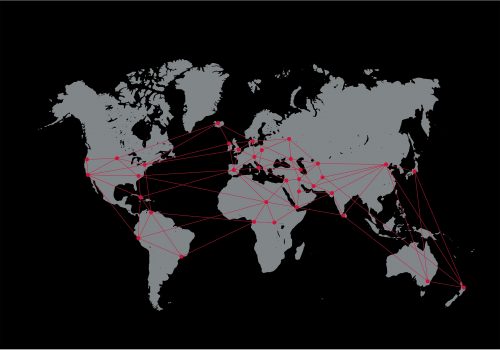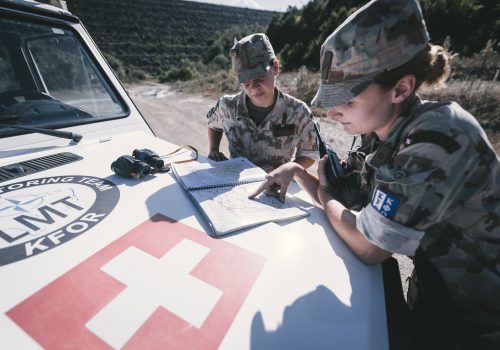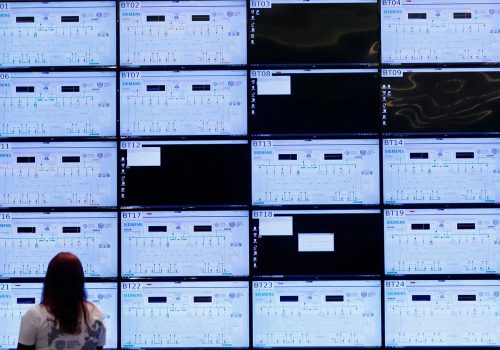The case for a Comprehensive Approach 2.0: How NATO can combat Chinese and Russian political warfare

Introduction
This paper argues that NATO has both a designated strategic role to play due to its mandate in the 1949 Washington Treaty, and an operational-level toolkit to utilize, when it comes to developing and implementing an urgently needed Comprehensive Approach to countering authoritarian political warfare. NATO has the platform to further dialogue and coordinate action among multiple stakeholders in a way that is necessary to spur cross-national and multinational counter-political warfare efforts in the transatlantic community. A whole-of-system approach is required to combat whole-of-system attacks. NATO is well positioned to help build that holistic approach and it should do so with greater urgency.

Implications
Two key areas that NATO might focus on as part of that Comprehensive Approach 2.0 agenda—countering disinformation and economic coercion—are evaluated in this paper, both in terms of understanding what NATO allies and partners are currently doing in these areas and assessing what more ought to be done. The paper concludes with design principles for NATO to consider in order to build a Comprehensive Approach 2.0 and initiate an agenda.
Ultimately, NATO allies and partners can do an enormous strategic service by bringing greater coherence to existing counter-coercion activities and serving as a catalyst and enabler for a broader, holistic approach to countering political warfare. An Alliance-only approach is insufficient to counter authoritarian political warfare; partners are key. By including partners and other key stakeholders, a stronger and more comprehensive global approach can be built.

The bottom line
A strategic shift is needed within NATO for the Alliance to play a more advanced role in countering political warfare, enabled by its Article 2 mandate. As China, Russia, and other authoritarian actors seek to thwart international institutions from within and undermine them from the outside, this is an urgent problem. NATO has managed challenges like this before. With the right strategic focus and approach it can more effectively counter political warfare and forge a more secure future for like-minded allies and partners.
Click the above link to download the full report.
Subscribe for events and publications on European security
Sign up for updates from the Atlantic Council’s Transatlantic Security Initiative, covering the debate on the greatest security challenges facing the North Atlantic Alliance and its key partners.
Related content
Related programs

The Transatlantic Security Initiative, in the Scowcroft Center for Strategy and Security, shapes and influences the debate on the greatest security challenges facing the North Atlantic Alliance and its key partners.
Related center

The Scowcroft Center for Strategy and Security works to develop sustainable, nonpartisan strategies to address the most important security challenges facing the United States and the world.
Image: Raising of the flags at the handover ceremony for the new NATO Headquarters


